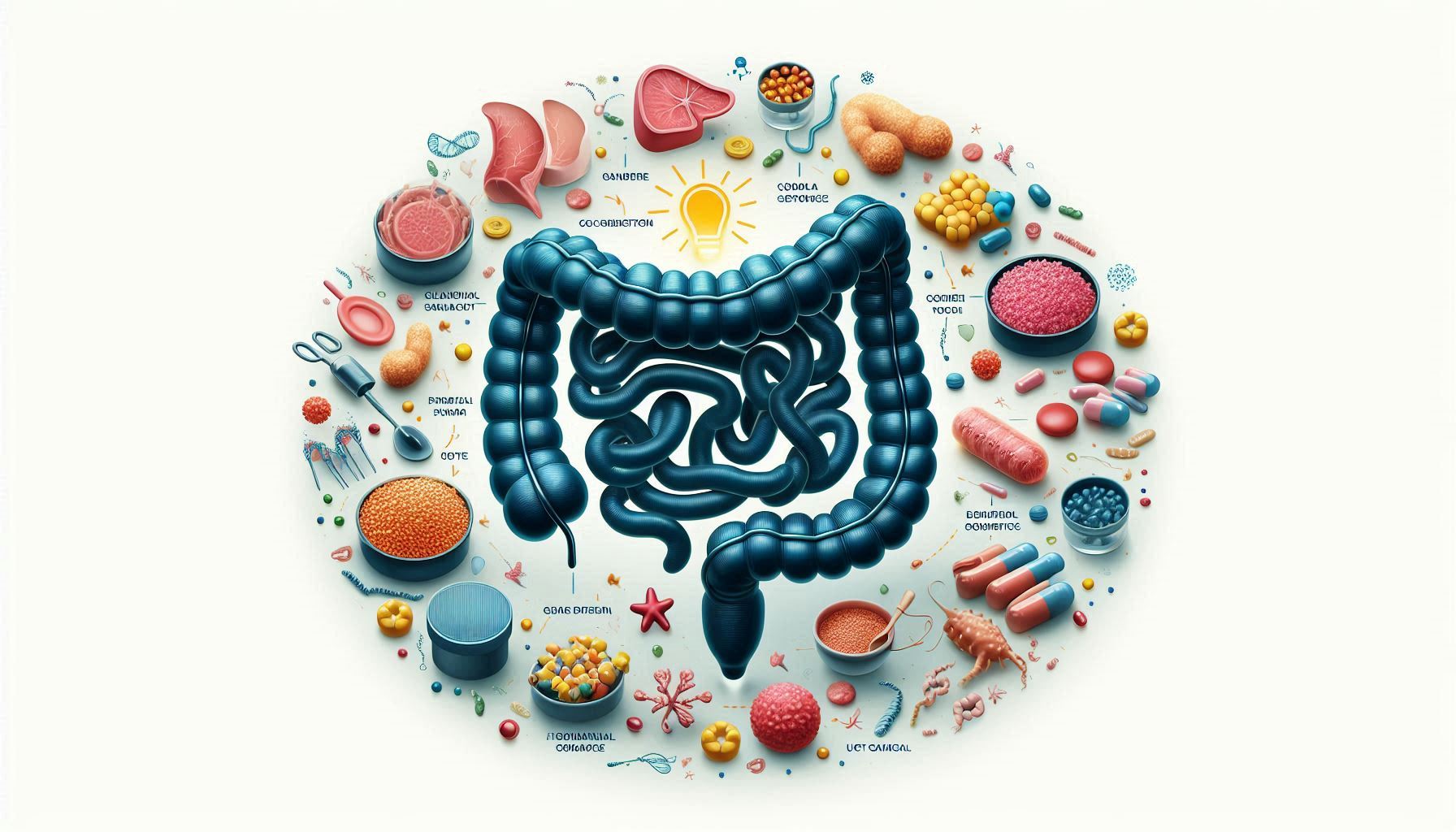In today’s fast-paced world, people often focus on macronutrients—proteins, carbohydrates, and fats—while overlooking essential micronutrients that play a crucial role in overall health. Hidden nutritional deficiencies can lead to chronic diseases, fatigue, cognitive decline, and immune dysfunction. This blog will uncover the most overlooked deficiencies in modern diets, their consequences, and ways to bridge the gap.
- Understanding Hidden Nutritional Deficiencies
Many processed foods are high in calories but lack vital micronutrients. Even individuals who follow a balanced diet may unknowingly suffer from deficiencies due to depleted soil quality, poor absorption, or lifestyle habits. The most common hidden nutrient deficiencies include:
- Magnesium – Essential for nerve function, muscle health, and heart regulation.
- Vitamin D – Crucial for bone health, immunity, and mood regulation.
- Omega-3 Fatty Acids – Supports brain function and reduces inflammation.
- Iron – Prevents anemia and supports oxygen transport in the body.
- Vitamin B12 – Vital for nerve health and red blood cell formation.
- Zinc – Strengthens immunity and supports wound healing.
Each of these plays a fundamental role in maintaining optimal health, yet they are frequently ignored.
2. Causes of Nutritional Deficiencies in Modern Diets
Several factors contribute to widespread hidden deficiencies:
- Highly Processed Foods: Industrial processing strips foods of essential nutrients.
- Soil Depletion: Reduced mineral content in soil affects the nutrient profile of vegetables and grains.
- Dietary Restrictions: Vegan or restrictive diets may lack adequate amounts of vitamin B12, iron, and omega-3s.
- Overuse of Antibiotics & Medications: Certain drugs interfere with nutrient absorption.
- Poor Gut Health: Imbalances in gut microbiota hinder nutrient absorption.
Understanding these causes can help individuals proactively optimize their diet to prevent deficiencies.
3. Health Risks Linked to Nutrient Deficiencies
Ignoring hidden nutritional deficiencies can lead to:
- Fatigue & Brain Fog – Magnesium and B12 deficiencies affect cognitive function.
- Weakened Immunity – Low zinc and vitamin D levels increase infection risks.
- Osteoporosis – Calcium and vitamin D deficiencies weaken bones.
- Depression & Mood Swings – Omega-3 and magnesium deficiencies impact serotonin production.
- Heart Disease & Inflammation – Poor omega-3 intake can increase cardiovascular risks.
These risks emphasize the importance of balanced nutrition beyond just calorie intake.
4. How to Address Hidden Deficiencies
Taking a proactive approach to nutrition can help prevent long-term health complications.
- Increase Whole Foods Intake: Focus on nutrient-dense foods like leafy greens, nuts, seeds, and fatty fish.
- Diversify Diet Choices: Include a variety of proteins, grains, and fermented foods for a richer nutrient profile.
- Monitor Vitamin & Mineral Levels: Regular health checkups help identify hidden deficiencies early.
- Supplement Wisely: Consider professional guidance for tailored supplementation.
- Optimize Gut Health: Eating probiotic-rich foods improves nutrient absorption.
By making conscious dietary choices, individuals can reclaim their nutritional wellness and protect against silent deficiencies.
Conclusion
Hidden nutritional deficiencies are a growing health concern, affecting millions worldwide. While modern diets offer convenience, they often lack key micronutrients vital for long-term well-being. By educating yourself, making better food choices, and seeking professional guidance, you can ensure your diet supports your overall health rather than unknowingly leading to deficiencies.









Leave a Reply